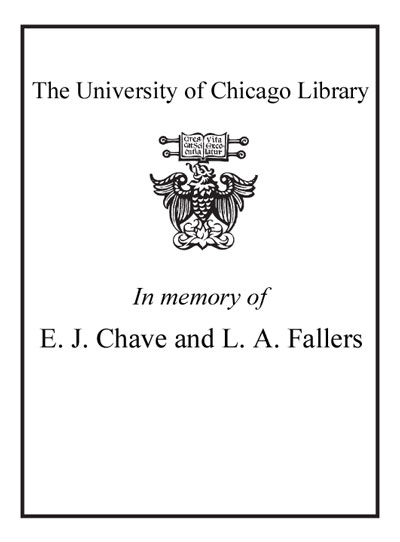Review by Choice Review
As the "between" of the subtitle indicates, Cathey (McCormick Theological Seminary) takes himself to be charting a course between the Scylla of realism and the Charybdis of anti-realism, with specific reference to the doctrine of God. Anti-realism is represented by Anglican theologian Don Cupitt (a British analogue to Mark C. Taylor). The realism pole is less defined, but seems to be associated with fundamentalism or "conservativism." Postliberalism thus represents a third way. However, Cathey's analysis complexifies this middle space. Rather than involving the usual suspects (Lindbeck, Frei, Hauerwas), Cathey's exegesis of the doctrine of God involves postliberal theologians David Burrell, William Placher, and Bruce Marshall. But ultimately Cathey's project is apologetic: whose theology is more likely to make Cupitt happy? In light of this question, postliberals like Placher end up being rejected as "internal" realists, and Cathey's "postliberal" approach feels more like Tillich or Ogden for a new generation. In this respect, Cathey's work reminds this reviewer of more interesting articulations by Philip Clayton or LeRon Shults. The result is akin to the Clintonian strategy for the Democratic Party post-Reagan: if you can't beat 'em, join 'em. Cathey's "postliberal" process theology is more liberal than post. Summing Up: Recommended. Graduate students and researchers/faculty. J. K. A. Smith Calvin College
Copyright American Library Association, used with permission.
Review by Choice Review

